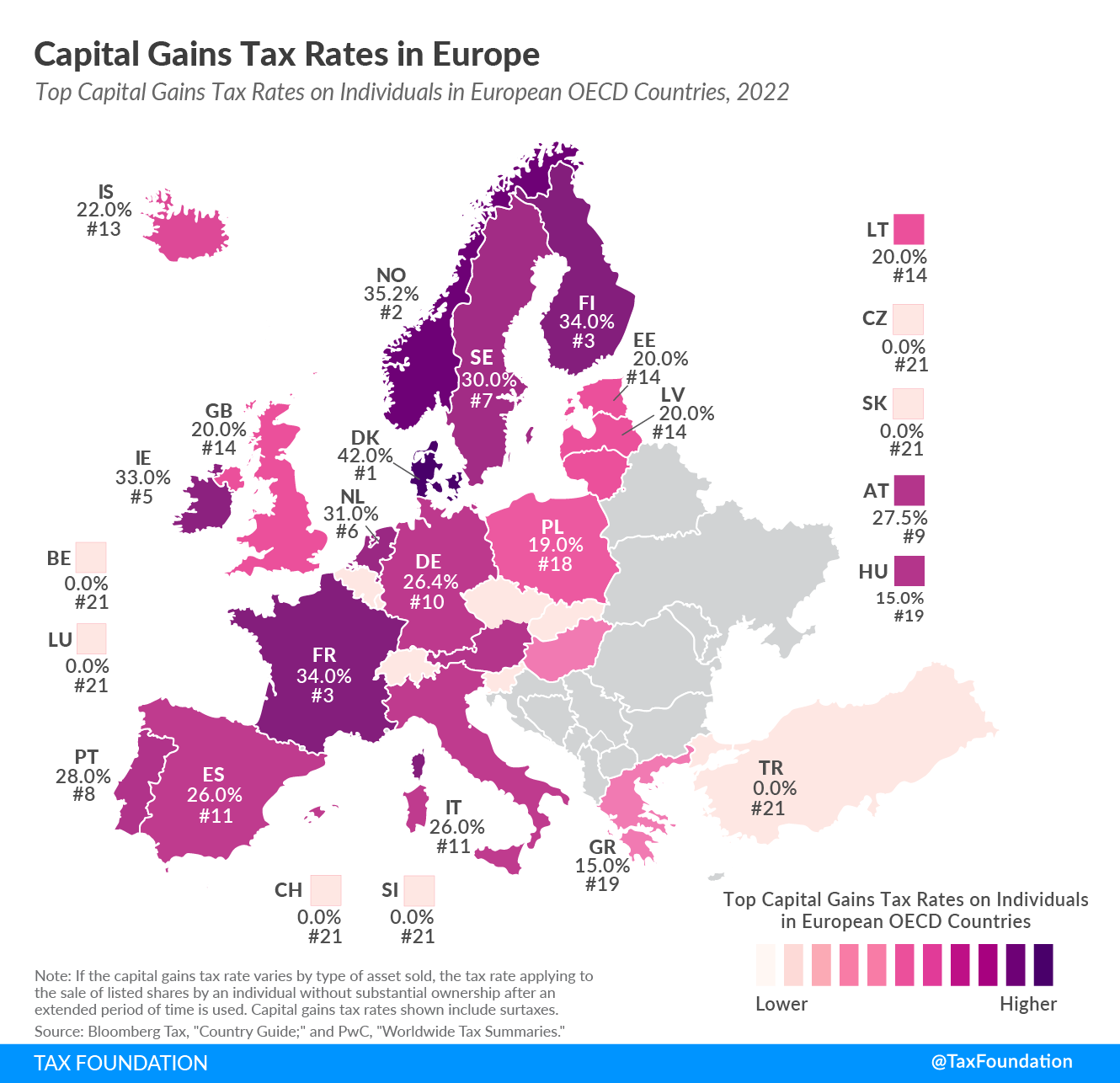Duke of Marmalade
Registered User
- Messages
- 4,715
As a peer of the realm I can assure you that I am no rabid socialist. I am pointing out the position of the body politic and that anyone lobbying for "tax free" accumulator ETFs is wasting their time and in fact discrediting any valid points they may be making. Similarly, as a duke I would welcome the abolition of CAT but that is obviously a total political non runner.Well it would not be tax free but what exactly is the problem with wealthy people accumulating wealth? I really don't see the moral objection? Tax should not be about implementing social engineering to change society. Extremely presumptive that everyone shares your lefty views.
What is more, they can already do this if you are a business owner, a farmer or own dividend free stocks.
Let me recall a very telling incident around the time of the introduction of gross roll up for life assurance in 2001. Originally, it had no deemed disposal. Within days a leading stockbroker circulated its wealthy clients with a brochure headlined "Put a Life Belt around your assets". The crude theme was that they should put all their assets in a life policy and avoid all investment taxes in their lifetime. Charlie McCreevey, no Che Guevara, was absolutely hopping mad. He issued a decree that steps would be taken in the next budget, backdated to the date of the announcement, that would eliminate this facility. The future arrival of Deemed Disposal had been announced and the rest is history.
